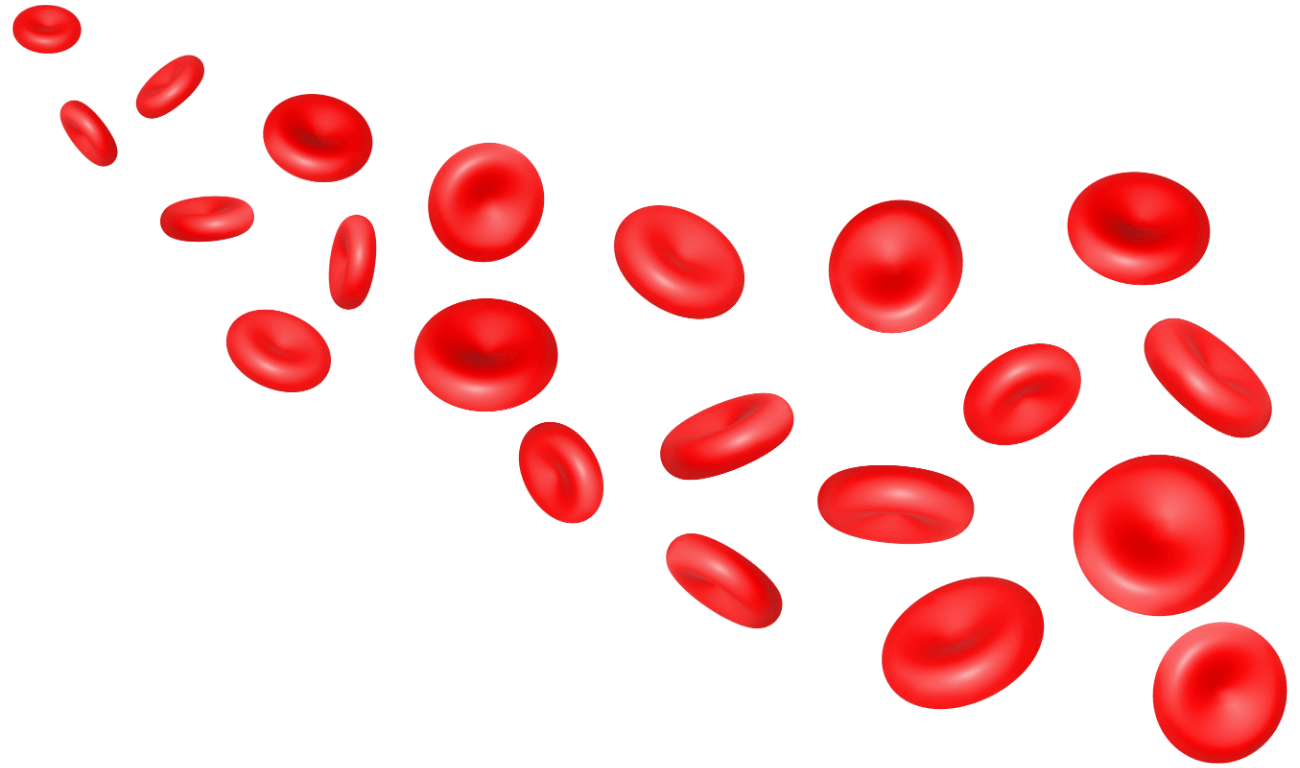Your Blood Pressure
What is it?
Blood pressure is the force exerted by circulating blood against the walls of your arteries. By listening to this sound we can get vital signs as to how well your heart and blood vessels are functioning.
Why is it important?
Blood pressure determines how efficiently your heart pumps blood and how well your blood vessels distribute it. If blood pressure is too high or too low, it can strain the heart and damage organs over time.
Understanding your reading
Blood pressure is measured using two numbers, expressed as systolic/diastolic.
Systolic Pressure: The force of blood against the artery wall meaning the heart is contracting.
Diastolic: Pressure in the arteries when the heart is relaxed and filling with blood.
What is normal?
Normal blood pressure: 120/80
Elevated: 120-129 systolic/less than 80 diastolic
High blood pressure: 130+/ 80+
Maintain a Healthy Blood Pressure
Adopt a heart-healthy diet - High in fruits, vegetables, whole grains, and lean protein. Low in sodium, saturated fats and added sugars. Aim for less than 2,000 milligrams of sodium a day.
Stay physically active - Aim for 150 minutes of moderate aerobic exercise a week. Regular exercise helps the heart pump more regularly and will reduce blood pressure over time.
Manage stress - Chronic stress contributes to high blood pressure, both directly and indirectly. It affects the hormones which respond when stress is triggered to the decisions we make for ourselves while we are stressed out. Try meditation, deep breathing and getting a good nights sleep. Try turning to your social circle and work towards building healthy coping mechanisms.
Limit alcohol & avoid tobacco - Limit alcohol to one drink per day and if possible, avoid nicotine completely. Nicotine raises blood pressure and damages blood vessels. You can do it!
Learn more about Your Glucose, here.
